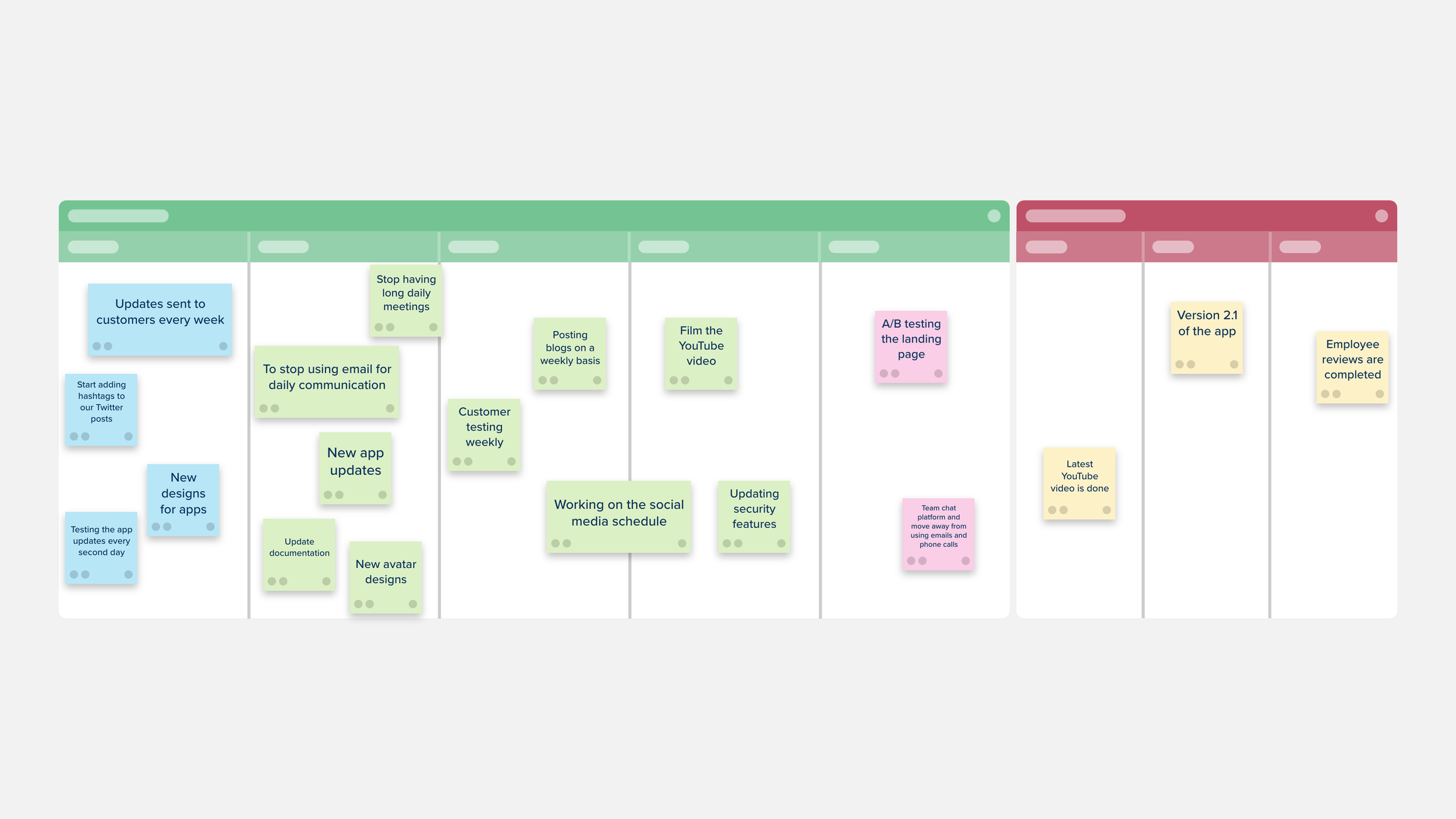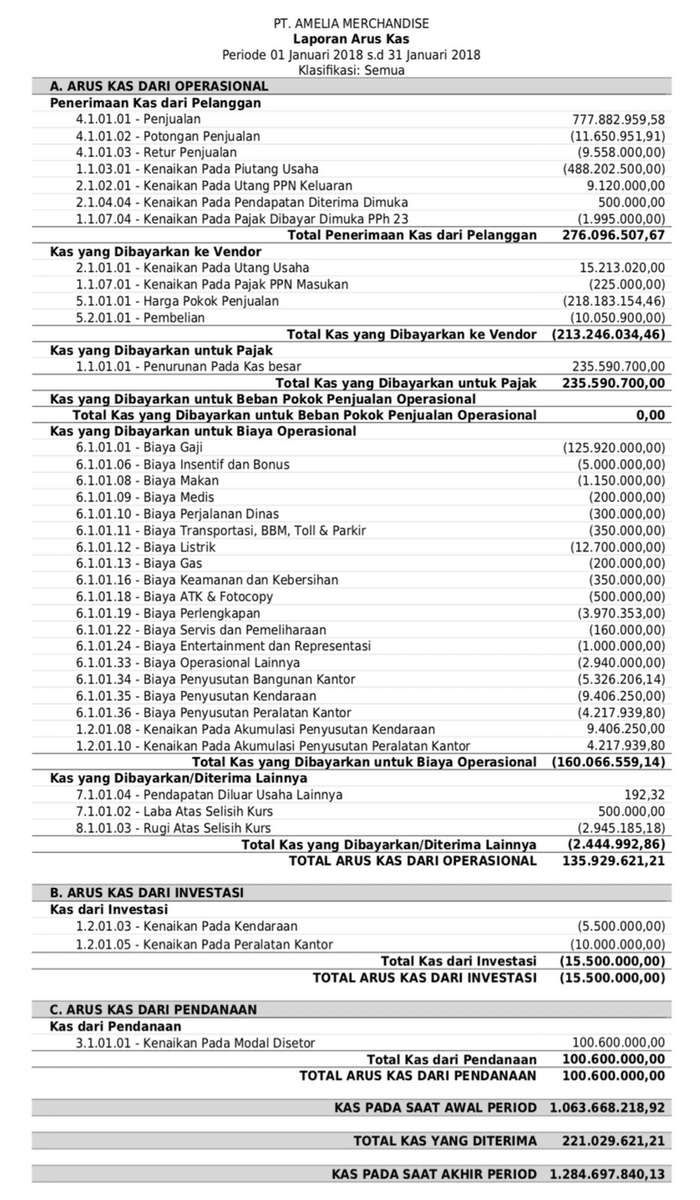A Weekly Retrospective: Key Lessons From This Week's Challenges

Table of Contents
Identifying This Week's Significant Challenges
Before you can learn from your experiences, you must accurately identify your challenges. This isn't simply about listing tasks completed or not; it's about pinpointing the obstacles that hindered your progress and caused you stress. Objectivity and self-awareness are crucial here. Don't shy away from acknowledging areas where you struggled.
To effectively identify your week's challenges, consider these methods:
- Journaling daily events and emotions: Keeping a daily journal allows you to capture the nuances of your experiences, including emotional responses to specific events. This provides valuable context when conducting your weekly retrospective.
- Reviewing calendars and to-do lists for bottlenecks: Examine your schedule. Where did you encounter delays or unexpected difficulties? These bottlenecks often highlight underlying challenges.
- Reflecting on stressful moments and their root causes: What situations triggered stress this week? Identify the specific events, tasks, or interactions that caused the most tension. This process helps you pinpoint areas needing attention.
By honestly assessing your week, you lay the foundation for a productive and insightful weekly retrospective focused on challenge identification and problem-solving.
Analyzing Root Causes and Underlying Issues
Once you've identified your challenges, it's time to delve deeper. Understanding the root causes is crucial for effective problem-solving and lasting improvement. Simply addressing the symptoms won't resolve the underlying issues.
A powerful technique for uncovering root causes is the "5 Whys" method: repeatedly ask "why" until you reach the core problem. For example:
"I missed my deadline." (Why?) "Because I underestimated the time required." (Why?) "Because I didn't accurately plan the tasks involved." (Why?) "Because I didn't break down the project into smaller, manageable steps." (Why?) "Because I lack effective project management skills."
Through this process, you might uncover:
- Personal limitations or skill gaps: Identifying areas where you lack skills or knowledge is a key step towards improvement.
- External factors influencing challenges: Recognize external constraints that impacted your progress. This helps you develop strategies to mitigate their effect in the future.
- Recurring patterns or habits: Do you consistently face similar challenges? Pinpointing recurring patterns helps you break negative cycles and build better habits.
Extracting Valuable Lessons and Key Learnings from This Week's Retrospective
The real power of a weekly retrospective lies in transforming challenges into opportunities for growth. This is where you move from problem identification to solution-oriented thinking. Focus on positive reframing; see setbacks as valuable learning experiences.
To maximize the learning from your retrospective, consider:
- Defining specific, measurable, achievable, relevant, and time-bound (SMART) goals for improvement: Transform your insights into actionable steps with clear goals.
- Identifying resources or support needed for growth: Do you need additional training, mentoring, or tools to address identified weaknesses?
- Celebrating small victories and acknowledging progress: Acknowledge your successes, no matter how small. This fosters a positive mindset and reinforces your commitment to improvement.
Implementing Strategies for Future Improvement: Actionable Insights from Your Weekly Retrospective
The final step is to translate your lessons learned into practical, actionable steps. This isn't just about reflection; it's about proactively shaping your future.
To ensure consistent improvement, consider these strategies:
- Scheduling dedicated time for weekly retrospectives: Treat your weekly retrospective as an important appointment, blocking out time for focused reflection.
- Utilizing tools like journals, project management software, or reflection apps: Employ tools that support your reflection process and help you track progress.
- Seeking feedback from colleagues or mentors: External perspectives can offer valuable insights and identify blind spots.
Conclusion: Making the Weekly Retrospective a Habit for Continued Growth
Conducting a successful weekly retrospective involves identifying challenges, analyzing root causes, extracting lessons, and implementing actionable strategies. Regular reflection is vital for both personal and professional growth, fostering continuous improvement and unlocking your full potential. Start your weekly retrospective today and experience the transformative power of consistent self-assessment! Begin incorporating a weekly retrospective into your routine to overcome challenges and achieve lasting success!

Featured Posts
-
 Knicks Beat Pistons Crew Chief Acknowledges Missed Call On Hardaway Jr Shot
May 17, 2025
Knicks Beat Pistons Crew Chief Acknowledges Missed Call On Hardaway Jr Shot
May 17, 2025 -
 Private Lender Refinancing A Guide To Federal Student Loans
May 17, 2025
Private Lender Refinancing A Guide To Federal Student Loans
May 17, 2025 -
 4 Cursos Com Nota Maxima Do Mec No Vale E Regiao Confira A Lista Completa
May 17, 2025
4 Cursos Com Nota Maxima Do Mec No Vale E Regiao Confira A Lista Completa
May 17, 2025 -
 Stock Market Valuation Concerns Bof As Rationale For Investor Confidence
May 17, 2025
Stock Market Valuation Concerns Bof As Rationale For Investor Confidence
May 17, 2025 -
 The People Behind Tony Bennetts Success A Look At His Career
May 17, 2025
The People Behind Tony Bennetts Success A Look At His Career
May 17, 2025
Latest Posts
-
 Laporan Keuangan Alat Penting Untuk Pengambilan Keputusan Bisnis Yang Bijak
May 17, 2025
Laporan Keuangan Alat Penting Untuk Pengambilan Keputusan Bisnis Yang Bijak
May 17, 2025 -
 Analisis Laporan Keuangan Panduan Lengkap Untuk Pengusaha
May 17, 2025
Analisis Laporan Keuangan Panduan Lengkap Untuk Pengusaha
May 17, 2025 -
 40
May 17, 2025
40
May 17, 2025 -
 Memahami Pentingnya Laporan Keuangan Untuk Kesuksesan Bisnis
May 17, 2025
Memahami Pentingnya Laporan Keuangan Untuk Kesuksesan Bisnis
May 17, 2025 -
 Jenis Jenis Laporan Keuangan Yang Penting Untuk Bisnis Kecil Dan Besar
May 17, 2025
Jenis Jenis Laporan Keuangan Yang Penting Untuk Bisnis Kecil Dan Besar
May 17, 2025
